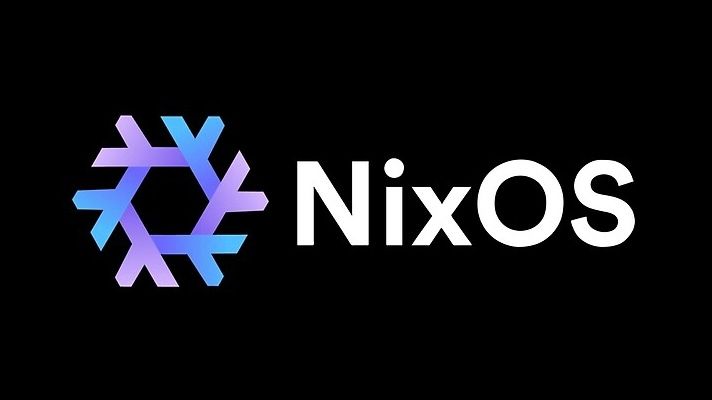Machine Learning is overrated

In recent years, we've seen a lot of hype around machine learning. From alpha go, which beat world-champion go players, to GPT-3, the constant news buzz would make one think we are around the corner from AI Dominance. But I claim today that most of AI is just hype, with no real substance behind it. Of course time will tell the true use of AI. In fact, most times teams eagerly throw a neural net at a problem, they are really looking for a symbolic manipulation tool like prolog.
Black Boxes
The first drawback of machine learning is they are incomprehensible. If a machine learning model makes a mistake, how will you figure out what went wrong? There is no real way of knowing. Sure, you can look at the internal state of the model, but what does that really tell you? Models today are getting so large that it is impossible to hold a single one in your brain. GPT-3 has 175 billion parameters parameters. What if it makes a mistake? Will some engineer have to go through all 175 billion parameters just to find it? I think the true solution is declarative software that simply states rules or definitions. That code is easier to debug and understand for new users. In essence, we can only look at machine learning as a black box.
Changing Requirements
Often in software engineering, projects are subject to changing requirements. What happens when this is done to a machine learning model? In short, I don't see how a machine learning model trained for one task can be fixed to work on a slightly different task. It would require a whole new retraining of the model every time you want to make a change. Google even spoke about this issue in their paper Machine Learning: The High-Interest Credit Card of Technical Debt. In our ever-changing world, you must truly consider if you want to use a technology that requires so much effort even to change its purpose slightly.
Declarative Programming: is it Nirvana?
I am a huge fan of declarative programming, whether from the Wolfram Language or from Prolog. In such a style, the programmer simply states the rules of the system formally, and the language takes care of implementation concerns. This approach is easy to understand because it is just the rules of the system. In addition, it is easy to understand the behavoir of a program: just follow which rules it applied. If you have never heard of prolog, I strongly encourage you to check it out. It is unlike any other programming language, not part of the C or ALGOL lineage. It will rethink the way that you understand the purpose of computers, so try it out.


